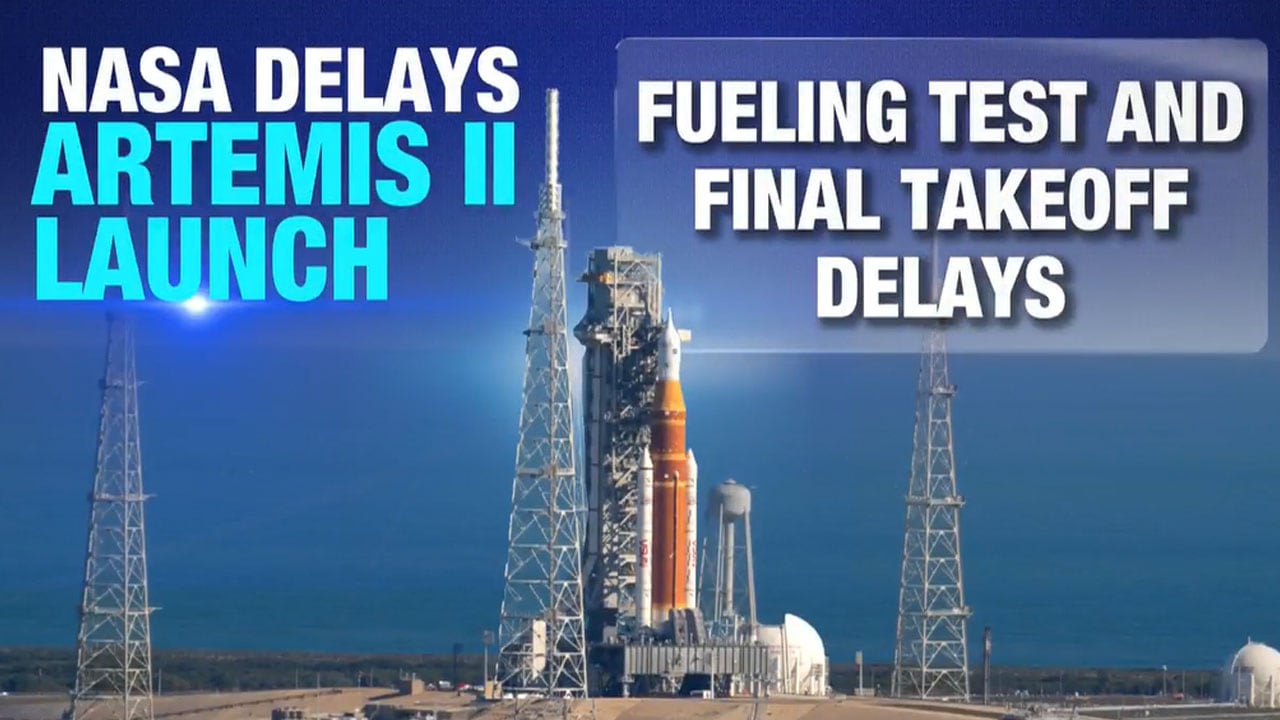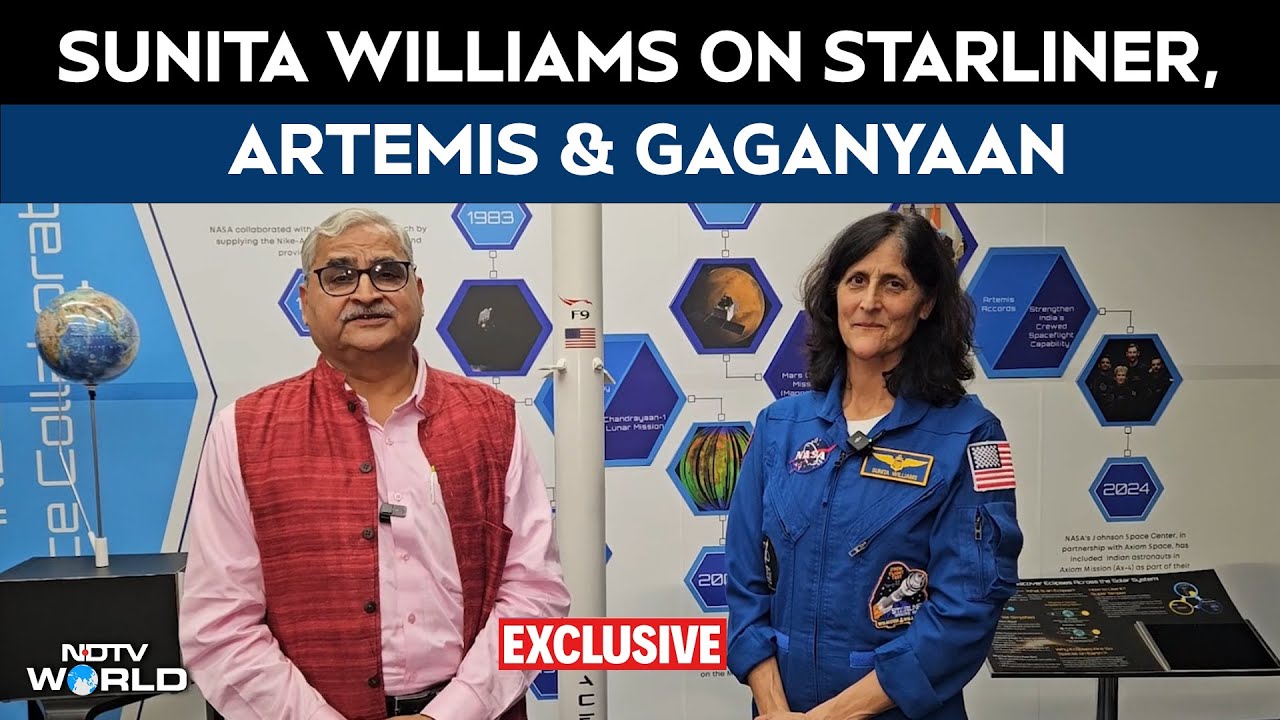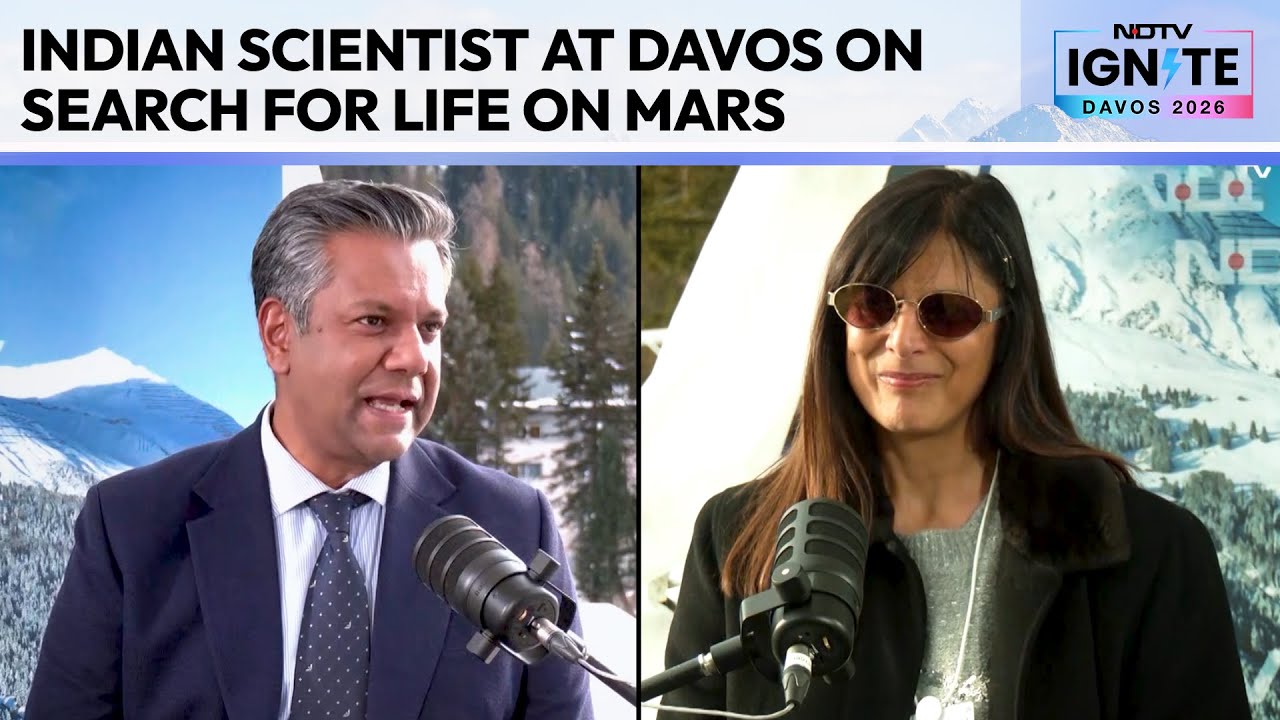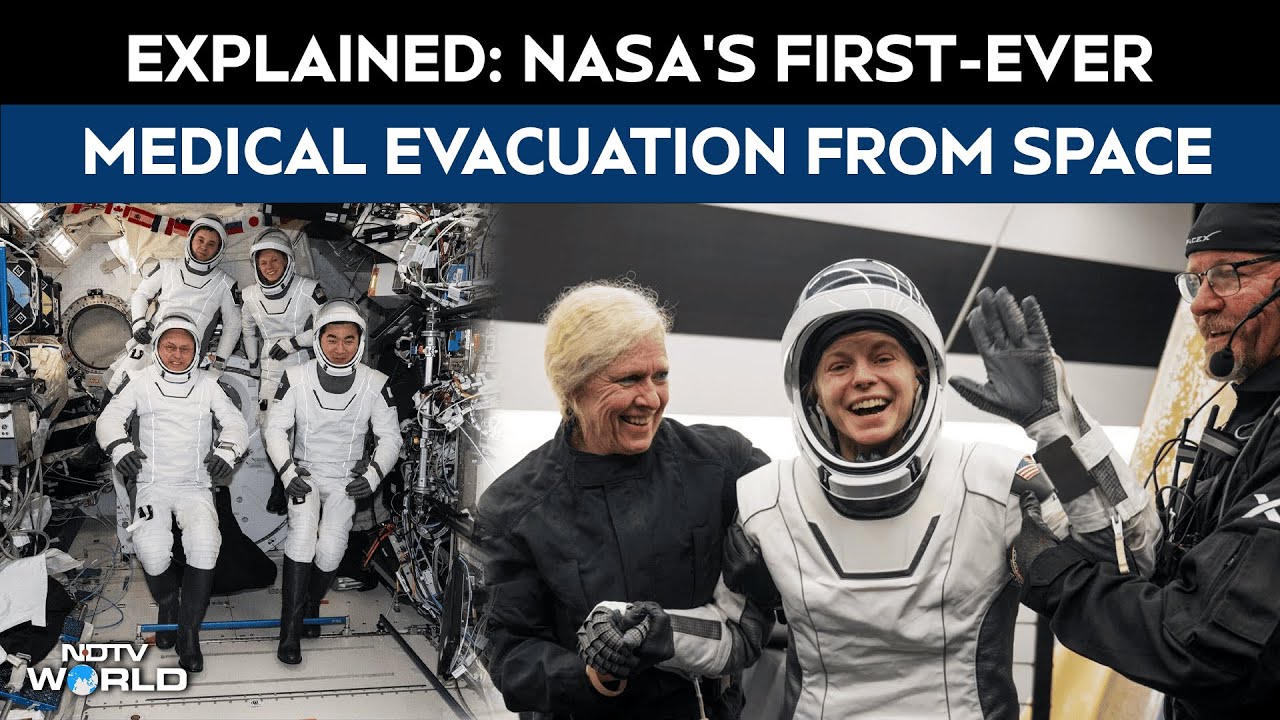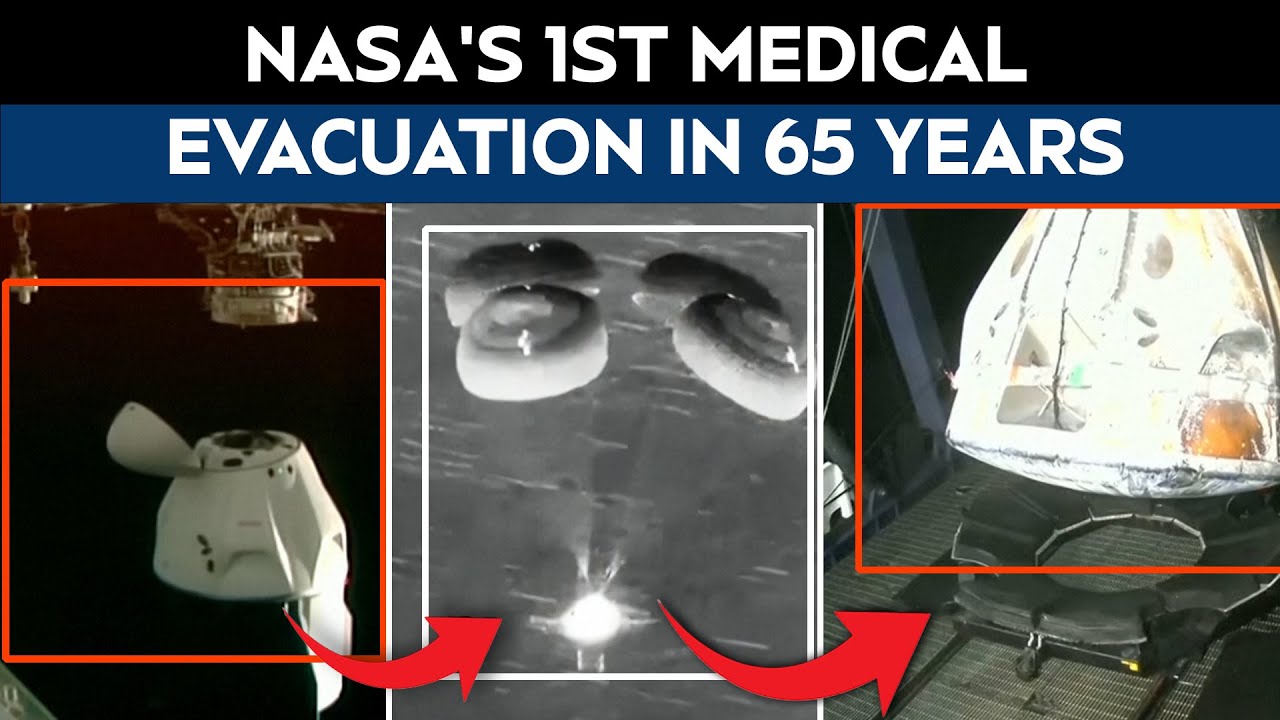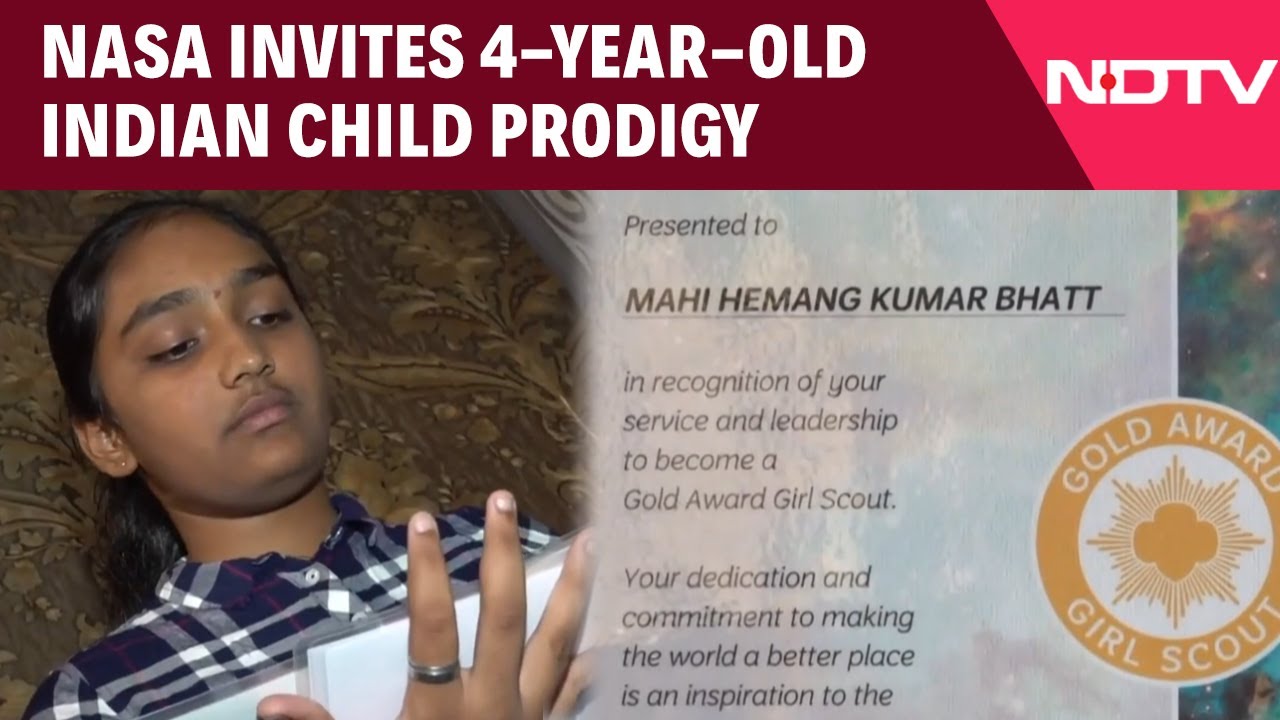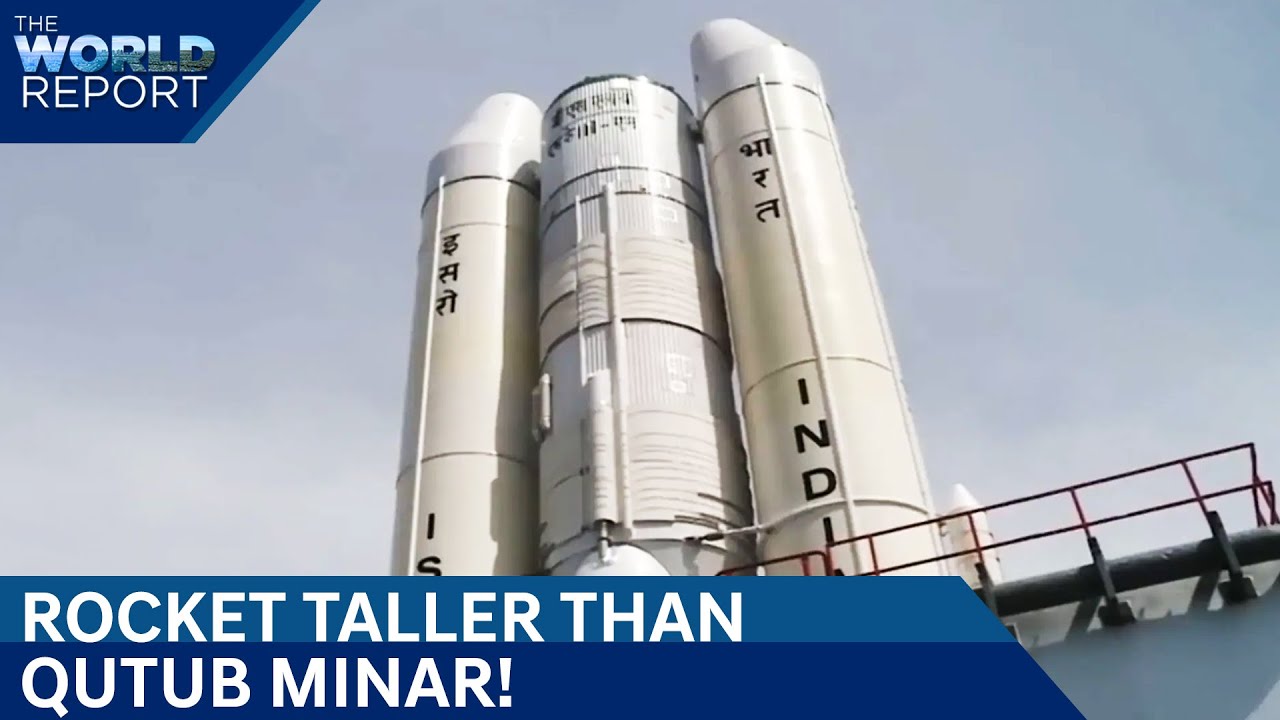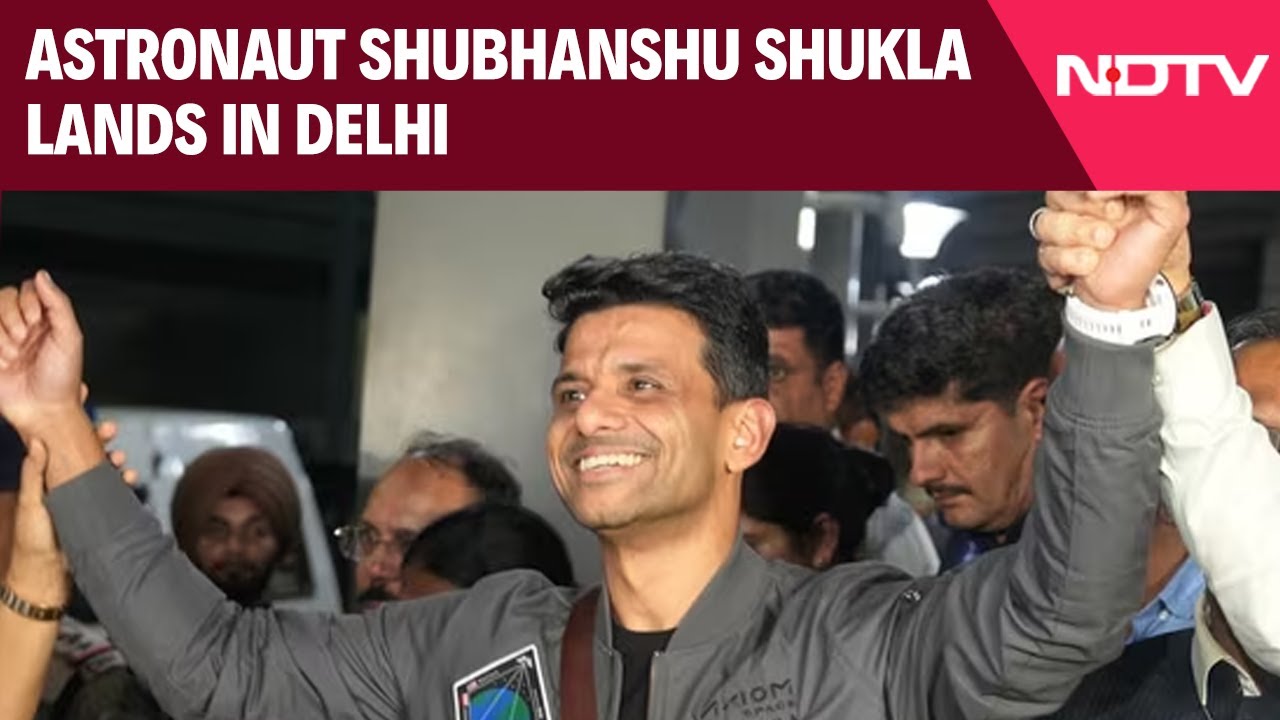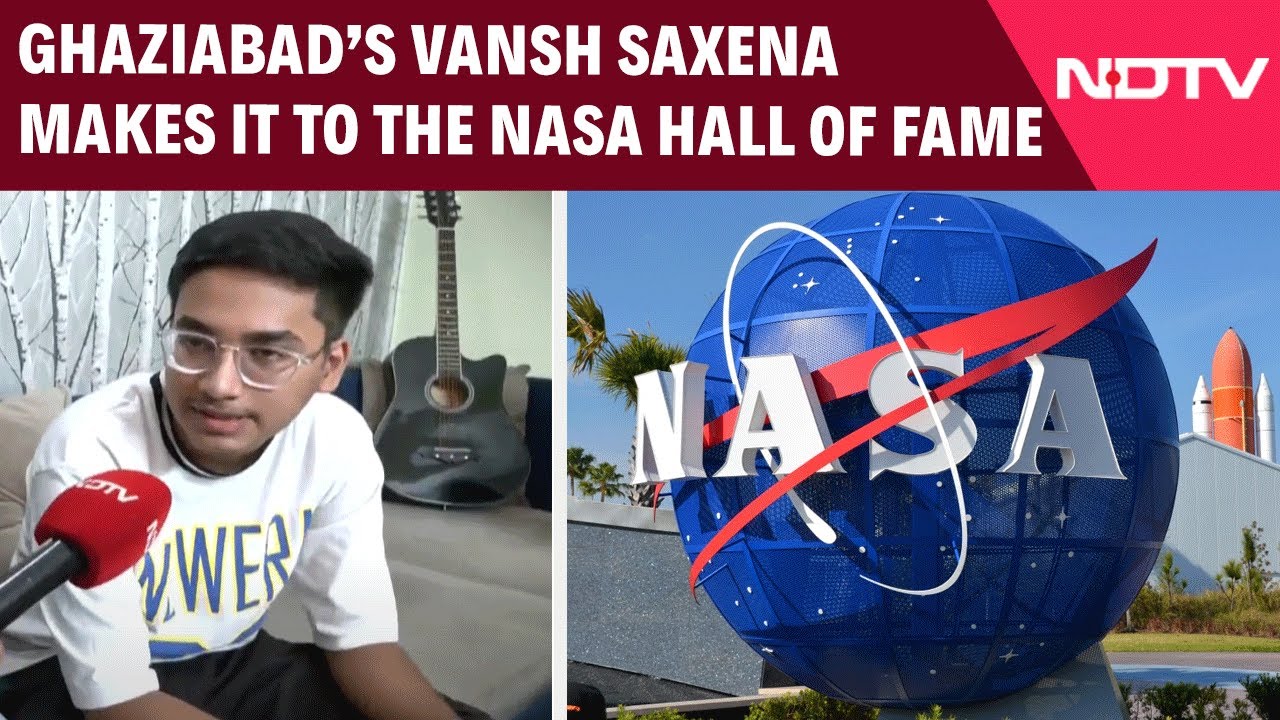"Surreal Feeling of It Still Needs To Sink In": Indian-American NASA Scientist On Mars Audio
The US space agency NASA has released the first audio from Mars, a faint crackling recording of wind captured by the Perseverance rover. A microphone did not work during the rover's descent to the surface, but it was able to capture audio once it landed on Mars. The first-of-its-kind audio has been released along with extraordinary new video footage of the rover as it descended and landed last Thursday. NDTV spoke to Dr Swati Mohan, the Indian-American scientist, who led the guidance and control operations of the Mars 2020 mission.
Here's the transcript of the interview:
NDTV: Joining us on NDTV is Dr Swati Mohan. Of course, we all saw her during that heart-wrenching, in a sense, thrilling moments of Perseverance. And Dr Mohan, you've described that as "Seven Minutes of Terror." NASA has also described that as "Seven Minutes of Terror." Tell us about that. And the Perseverance (project) that got you here, all of us in India are so proud watching you.
Dr Mohan: Thank you. So the "Seven Minutes of Terror" refers to Entry Descent and Landing because it takes roughly seven minutes from the top of the atmosphere to reach the ground successfully. And in those seven minutes, the spacecraft has to go through numerous configuration changes and high dynamic events. And in order to be able to reach the ground safely, every single one of those events has to happen completely in sequence, on time, and exactly as planned. If any one thing goes wrong, then it would start a cascade and the whole thing would end in a very, very bad day. What makes it even more terrifying to those of us in Mission Control is because it takes over 11 minutes for the signal to get from Mars to Earth. So by the time we hear that we've hit the top of the atmosphere, that information is already 11 minutes old.
So Perseverance is either on the ground in an, you know, nice, neat rover-configuration or its splattered. And there's nothing that we in Mission Control can do in those seven minutes to help it. So we tried to do our best to set it up, to succeed at the top of the atmosphere just before it gets there. And then everything else is Perseverance on her own to execute Entry, Descent and Landing.

NDTV: Dr Mohan, the fact that this actually happened, I mean it really was a feel-good moment of triumph of science, of space exploration. At a time when the world, our Earth is going through a lot. I mean in the United States itself, you all have crossed five hundred thousand deaths. It's a time when... somehow triumph wasn't associated with it. So in a way, it was a feel-good factor which went way beyond just people interested in space. What was it like for you and the team working on it? What are all the reactions you have got?
Dr Mohan: It was, I think I might still be in the surreal feeling of it still needs to sink in, that its actually happened. We've spent so much of our energy, just focusing on... just take the next step forward, what's the next step that you need to do, you can keep your head down and do what you need to do to get the next step. The whole last year of trying to reinvent how we do operations in the midst of a global pandemic, when we can't be with each other and can't communicate through means and have to do things remotely and rely on you know, internet connections and people's home stations in order to do work has been difficult and in some sense isolating because we had grown used to working together as a, as a team and being efficient. To be able to... I think there were a lot of emotions that last day and in the Landing Room because that was the first day that the team had actually been together since the big pandemic began. And even that was only half of what we had hoped would be able to be in that room. But before even that we kept it limited so that even for all of our simulations or training runs that we had done for Landing Day, they were even less than what you saw on that day -- less than a quarter of that. So to be there finally on Landing Day with at least that team in-person for the first time in over a year and then to have it go successfully was just an enormous relief, an awe factor that we were able to... to really cement our bonds with the team and work together to, to persevere and get to this point and have it succeed.

NDTV: After Kalpana Chawla.... you've given, in a sense, wings to so many young girls' dreams. Of course, in India, we've had fantastic women scientists leading so many fast-paced missions. So it's wonderful to see you doing that there. And what would you say to all the young girls, for whom you're a role model to now back here in India as well.
Dr Mohan: I would say follow your passion. I'm honoured that I can be a face that they can relate to. But I am not the only Indian woman on Perseverance. I'm not the only woman and all of us have had different paths that have led us to where we are and what we are doing. And I think the common thread is that we all followed our passion and persevered in order to keep taking that next step, to keep learning from the experiences, whether they be successes or failures, and to believe in that dream and persevere until... until we get there.

NDTV: Tell us a bit about your personal journey. Because of course, Dr Mohan, we've seen that Indian-Americans are part of the American cultural fabric as well. But tell us about your personal journey to where you are today from India and your connection with India.
Dr Mohan: My family immigrated from India when I was very young. I had a fairly traditional upbringing at home of Indian cultures and values. In terms of work, I was really inspired by Space as a child and watching Star Trek and seeing those beautiful images that they had rendered of Space. And that's how I became curious about it. I would read as a child, these non-fiction books on what Nebula were and what the Big Bang theory was, and planetary exploration. And it just kept growing from there. It wasn't until I was a junior and I took my first physics class that I started to understand what engineering really was about and that there was a way to connect these two and not just have a job, but actually to have a vocation that was filled with passion. And so I went to Cornell University that actually has a history of working in space exploration and the Mars program specifically. And from there, I tried to intern at as many NASA centers as I could. I think I interned at four or five different NASA centers until I found the niche of what I wanted to do in Guidance Navigation and Control. I was super lucky to be able to go to MIT and the Aero Astro Department of Space Systems Laboratory. A lot of the people that I met there in doing the research actually are also with me at JPL. We have a large contingent, not just at JPL, but on the Perseverance Rover mission herself. So being able to work with them all the way since grad school is really been a privilege and shows kind of how tight knit the community is in... in building space exploration and planetary exploration in, in particular.
NDTV: That's fantastic. And have you observed the Indian space missions at all? Even our Prime Minister has said that "the Indian space missions often cost less than a Hollywood blockbuster to make". So have you watched from afar our Indian space missions, what's your take on them?
Dr Mohan: I've watched a little bit and I have to say, I've admired the Indian spirit and the tenacity in building these missions and pursuing them. They're wildly successful. I remember watching the Mars Orbiter Mission, reach Mars and do orbit insertion. It was a beautiful, seamless Orbit Insertion. It was just a thrill to watch. I'm really heartened that NASA and ISRO are partnering, partnering more on missions, like with the NISAR Mission and I hope that can continue in the future.
NDTV: Finally, did you expect all the reaction that your bindi would get?
Dr Mohan: No, not at all. I mean, I've worn a bindi since I was a child. I wear it most of the days at JPL. So for me, and actually, for all of my colleagues at JPL, it was business as usual in how we were dressed. It was a little bit out of our wildest dreams to see that that was what was picked up as part of the Landing Day show.
NDTV: Dr Swati, thanks so much for joining me today. It was really great to have you on NDTV and it was wonderful to hear about Perseverance and I'm sure our viewers would really look forward to watching this interview. Thank you so much.
Dr Mohan: Thank you. Thank you very much. Bye.
Here's the transcript of the interview:
NDTV: Joining us on NDTV is Dr Swati Mohan. Of course, we all saw her during that heart-wrenching, in a sense, thrilling moments of Perseverance. And Dr Mohan, you've described that as "Seven Minutes of Terror." NASA has also described that as "Seven Minutes of Terror." Tell us about that. And the Perseverance (project) that got you here, all of us in India are so proud watching you.
Dr Mohan: Thank you. So the "Seven Minutes of Terror" refers to Entry Descent and Landing because it takes roughly seven minutes from the top of the atmosphere to reach the ground successfully. And in those seven minutes, the spacecraft has to go through numerous configuration changes and high dynamic events. And in order to be able to reach the ground safely, every single one of those events has to happen completely in sequence, on time, and exactly as planned. If any one thing goes wrong, then it would start a cascade and the whole thing would end in a very, very bad day. What makes it even more terrifying to those of us in Mission Control is because it takes over 11 minutes for the signal to get from Mars to Earth. So by the time we hear that we've hit the top of the atmosphere, that information is already 11 minutes old.
So Perseverance is either on the ground in an, you know, nice, neat rover-configuration or its splattered. And there's nothing that we in Mission Control can do in those seven minutes to help it. So we tried to do our best to set it up, to succeed at the top of the atmosphere just before it gets there. And then everything else is Perseverance on her own to execute Entry, Descent and Landing.

NDTV: Dr Mohan, the fact that this actually happened, I mean it really was a feel-good moment of triumph of science, of space exploration. At a time when the world, our Earth is going through a lot. I mean in the United States itself, you all have crossed five hundred thousand deaths. It's a time when... somehow triumph wasn't associated with it. So in a way, it was a feel-good factor which went way beyond just people interested in space. What was it like for you and the team working on it? What are all the reactions you have got?
Dr Mohan: It was, I think I might still be in the surreal feeling of it still needs to sink in, that its actually happened. We've spent so much of our energy, just focusing on... just take the next step forward, what's the next step that you need to do, you can keep your head down and do what you need to do to get the next step. The whole last year of trying to reinvent how we do operations in the midst of a global pandemic, when we can't be with each other and can't communicate through means and have to do things remotely and rely on you know, internet connections and people's home stations in order to do work has been difficult and in some sense isolating because we had grown used to working together as a, as a team and being efficient. To be able to... I think there were a lot of emotions that last day and in the Landing Room because that was the first day that the team had actually been together since the big pandemic began. And even that was only half of what we had hoped would be able to be in that room. But before even that we kept it limited so that even for all of our simulations or training runs that we had done for Landing Day, they were even less than what you saw on that day -- less than a quarter of that. So to be there finally on Landing Day with at least that team in-person for the first time in over a year and then to have it go successfully was just an enormous relief, an awe factor that we were able to... to really cement our bonds with the team and work together to, to persevere and get to this point and have it succeed.

NDTV: After Kalpana Chawla.... you've given, in a sense, wings to so many young girls' dreams. Of course, in India, we've had fantastic women scientists leading so many fast-paced missions. So it's wonderful to see you doing that there. And what would you say to all the young girls, for whom you're a role model to now back here in India as well.
Dr Mohan: I would say follow your passion. I'm honoured that I can be a face that they can relate to. But I am not the only Indian woman on Perseverance. I'm not the only woman and all of us have had different paths that have led us to where we are and what we are doing. And I think the common thread is that we all followed our passion and persevered in order to keep taking that next step, to keep learning from the experiences, whether they be successes or failures, and to believe in that dream and persevere until... until we get there.

NDTV: Tell us a bit about your personal journey. Because of course, Dr Mohan, we've seen that Indian-Americans are part of the American cultural fabric as well. But tell us about your personal journey to where you are today from India and your connection with India.
Dr Mohan: My family immigrated from India when I was very young. I had a fairly traditional upbringing at home of Indian cultures and values. In terms of work, I was really inspired by Space as a child and watching Star Trek and seeing those beautiful images that they had rendered of Space. And that's how I became curious about it. I would read as a child, these non-fiction books on what Nebula were and what the Big Bang theory was, and planetary exploration. And it just kept growing from there. It wasn't until I was a junior and I took my first physics class that I started to understand what engineering really was about and that there was a way to connect these two and not just have a job, but actually to have a vocation that was filled with passion. And so I went to Cornell University that actually has a history of working in space exploration and the Mars program specifically. And from there, I tried to intern at as many NASA centers as I could. I think I interned at four or five different NASA centers until I found the niche of what I wanted to do in Guidance Navigation and Control. I was super lucky to be able to go to MIT and the Aero Astro Department of Space Systems Laboratory. A lot of the people that I met there in doing the research actually are also with me at JPL. We have a large contingent, not just at JPL, but on the Perseverance Rover mission herself. So being able to work with them all the way since grad school is really been a privilege and shows kind of how tight knit the community is in... in building space exploration and planetary exploration in, in particular.
NDTV: That's fantastic. And have you observed the Indian space missions at all? Even our Prime Minister has said that "the Indian space missions often cost less than a Hollywood blockbuster to make". So have you watched from afar our Indian space missions, what's your take on them?
Dr Mohan: I've watched a little bit and I have to say, I've admired the Indian spirit and the tenacity in building these missions and pursuing them. They're wildly successful. I remember watching the Mars Orbiter Mission, reach Mars and do orbit insertion. It was a beautiful, seamless Orbit Insertion. It was just a thrill to watch. I'm really heartened that NASA and ISRO are partnering, partnering more on missions, like with the NISAR Mission and I hope that can continue in the future.
NDTV: Finally, did you expect all the reaction that your bindi would get?
Dr Mohan: No, not at all. I mean, I've worn a bindi since I was a child. I wear it most of the days at JPL. So for me, and actually, for all of my colleagues at JPL, it was business as usual in how we were dressed. It was a little bit out of our wildest dreams to see that that was what was picked up as part of the Landing Day show.
NDTV: Dr Swati, thanks so much for joining me today. It was really great to have you on NDTV and it was wonderful to hear about Perseverance and I'm sure our viewers would really look forward to watching this interview. Thank you so much.
Dr Mohan: Thank you. Thank you very much. Bye.
